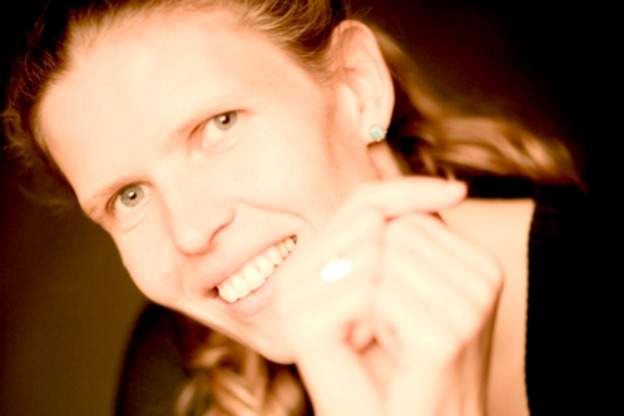
A 2015 Raumklang release from cellist Kristin von der Goltz showcases the music of two little known 18th-century composers, Francis Caporale and Johann Galliard.
Caporale
The Italian-born Francis Caporale, aka Francisco Caporale, aka Andrea Caporale, at the height of his career, was purportedly the most popular cellist in London. There is some mystery in his biography though, starting with his name. Francisco anglicized to Francis is obvious, but how is it that he became known as Andrea? Certainly, major music dictionaries and reference books refer to Caporale as Andrea—no mention of either Francis or Francisco. The liner note to this recording, however, reports that in 1868 for some unknown reason Fetis, in his music dictionary, changed Francis to Andrea. Possibly just a typo, the name Andrea stuck.
But Caporale, by whatever name, was certainly much admired in his adopted city of London. There he connected with another foreign born musician, G.F. Handel, who in the 18th century was up to his elbows in opera production. Handel eventually named Caporale his principal cellist for which he wrote several solo obbligato parts, as in the aria “Softly Sweet in Lydian Measures” from Alexander’s Feast.
Galliard
Another member of Handel’s orchestra was Johann Ernst Galliard. A German by birth, Galliard was the son of a French wigmaker and learned oboe and flute from a French member of the Celle court in lower Saxony. Handel must have liked Galliard’s oboe playing, as he wrote numerous oboe solos for him, most notably the six oboe arias with soprano in his opera Teseo.
Handel
The subtitle of the recording from Kristin von der Goltz that we’re featuring today reads, Caporale and Galliard Sonatas: a tribute to Handel.
Caporale and Galliard were connected through Handel’s orchestra—though they were not only performers but composers as well. Caporale and Galliard each wrote sonatas for the cello, some of which were even published side by side in a collection put out by John Johnson in 1746.
It’s a pity that another piece by Galliard, the 1744 New Concerto grosso, for cello and 24 Bassoons, has been lost. Apparently, Galliard wrote the cello part specifically for his friend Caporale. It's fun to imagine…one cello vs. twenty-four bassoons!
Magito
There’s a curve ball right at the end of this recording, a track by neither Caporale or Galliard but rather a composer by the name of Alexis Magito. This brief two minute mystery piece has no mention in the liner notes. Who is this fellow, and why he is on this recording? A little perusing reveals that Magito also composed cello sonatas, a set of six, so perhaps Kirstin Von der Goltz is leaving us a cliffhanger, a preview of a forthcoming project. Maybe?! We can only hope.
A note about the performance of these pieces. Often, the opening movements include short improvised preludes or introductions that move seamlessly into the written pieces. That is, the music you hear before the cello comes in is not written out in the score.
Cellist Kristin von der Goltz is accompanied on this present recording by Andreas Küpper, who plays variously harpsichord, organ, and lute harpsichord. If you liked the performance, you’ll be happy to know about van der Goltz's several other CDs of little known cello repertory, namely music by Jakob Klein, J. M. Clément dall’Abaco, and Antoine Dard.









